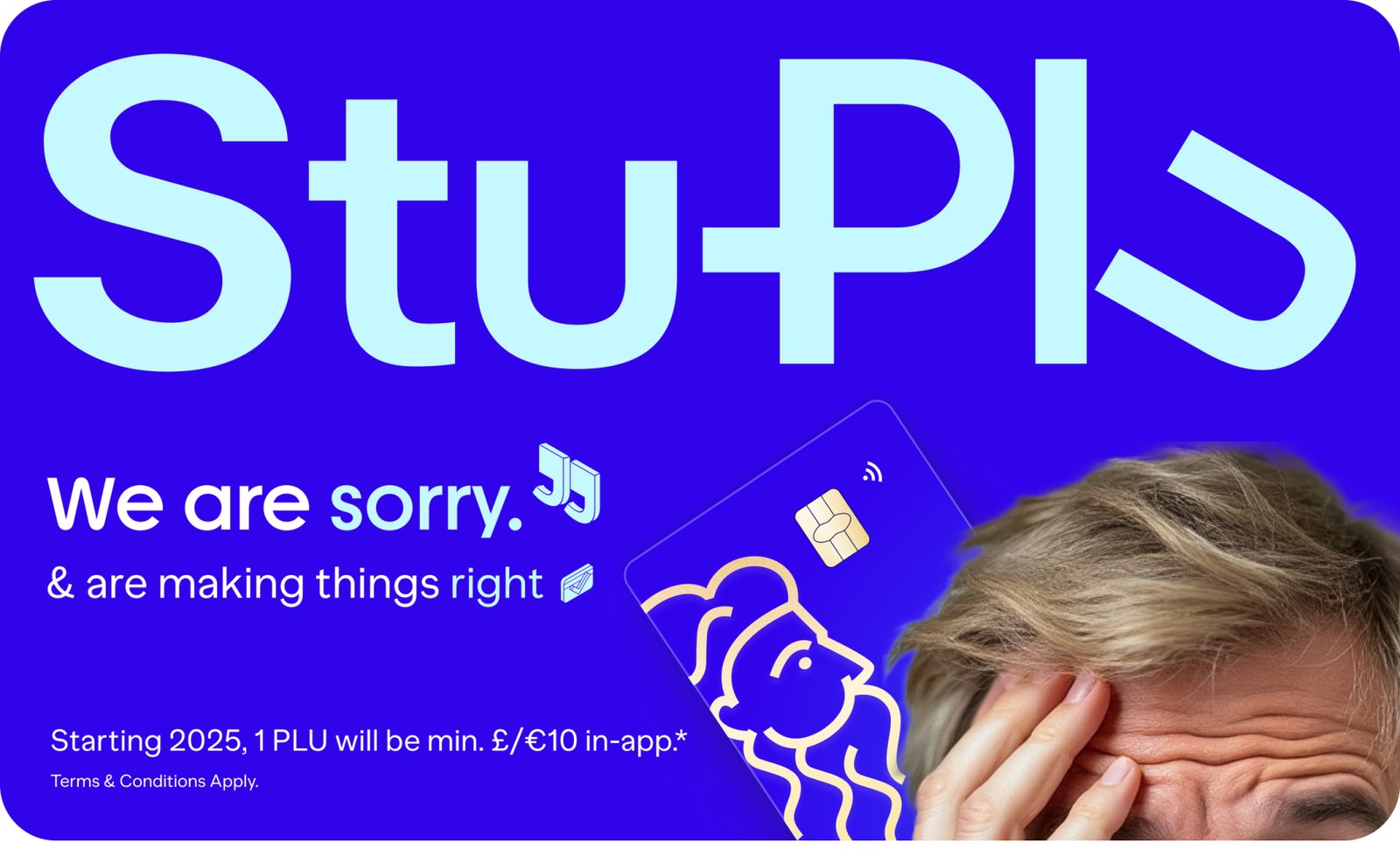In an exclusive interview with BitcoinWorld, We got a chance to interact with Dr. Anish Mohammed, Co Founder of Panther Protocol, In this interview we ask some basic questions about Panther Protocol & how its shaping the Web3 Ecosystem, Here his response :
In simple terms what is Panther Protocol is all about & Why its been needed?
Panther Protocol is a confidentiality-focused infrastructure being developed for regulated financial market operators. It will address the issue of pseudonymous blockchains, where transaction data is public and immutable, exposing users to risks such as strategy theft, front-running, MEV bots, and privacy breaches. Panther aims to solve this by using advanced cryptographic techniques, including Zero-Knowledge proofs (ZK Proofs), enabling the creation of privacy-enhanced tokens (zAssets), which will be fully collateralized, shielded versions of tokens interoperable with DeFi applications. These innovations are intended to provide licensed DeFi financial service providers with the necessary infrastructure to provide their clients with secure and confidential transactions and the ability to prove critical information for regulatory purposes.
Panther Protocol addresses privacy concerns in financial markets. Can you explain the main risks associated with public and pseudonymous blockchains, and how Panther mitigates these risks for financial service providers?
Public and pseudonymous blockchains, while transparent, expose users to risks such as competitors observing trading strategies, front-running, and exploitation by MEV bots, which manipulate transaction sequences for profit. These vulnerabilities can severely affect financial service providers and their clients by compromising their strategies and data security. Panther Protocol mitigates these risks through advanced cryptographic techniques, particularly ZK Proofs, which allow for private transactions that remain compliant with regulatory standards.
When launched, zAssets will enable financial service providers to engage in on-chain finance while preserving their clients’ transaction data confidential. This will include assessing liquidity through top DEXs, swaps, staking, and more, allowing users to privately engage with the DeFi ecosystem while maintaining confidentiality.
Panther Protocol uses zero-knowledge proofs to enhance privacy. For our readers unfamiliar with this technology, could you briefly explain how zero-knowledge proofs work and why they are crucial for privacy in DeFi?
Zero-knowledge proofs are cryptographic techniques that allow one party to prove the validity of information without revealing the underlying data itself. In the context of DeFi, ZK Proofs can be used to validate transactions while keeping transaction details confidential. Panther Protocol will be capable of producing ZK Proofs that prove the existence of information critical to compliance, such as transaction or identification details, without revealing the sensitive information itself. This approach maximizes privacy preservation. Where allowed, and in the future, we believe this will likely become the preferred method of proving information needed for internal and external compliance.
You’ve introduced “zAssets” as privacy-enhanced tokens fully collateralized by their original counterparts. How do these zAssets function within Panther’s ecosystem, and what advantages do they offer to users?
zAssets are privacy-enhanced, fully-collateralized tokens being developed by Panther Protocol, representing private versions of ERC-20 tokens. Once users deposit assets, they will be secured in a Smart Contract Vault, and an equivalent zAsset will be issued. zAssets will be 1:1 collateralized shielded versions of the original tokens, usable within Panther’s ecosystem.
The key advantage of zAssets is that they will be used on the Panther platform, allowing users to preserve confidentiality while engaging in activities such as transfers, swaps, and OTC-style trading, including on DeFi applications, including popular DEXs. This is intended to offer users enhanced privacy for their transactions while benefiting from the top DeFi applications.
Regulatory compliance is a big focus for Panther. How does the protocol ensure that it aligns with regulatory frameworks while still protecting user privacy in the DeFi space?
Panther Protocol is being designed to provide a robust infrastructure that will help licensed financial institutions and operators prove information necessary for compliance while preserving the privacy of their clients. Through customizable Panther Zones, Panther will enable financial institutions to set up trading Zones that are shielded from public view, preserving the confidentiality of the counterparties’ sensitive data. The protocol will be able to be programmed by the licensed operator to control who is allowed to participate, which assets will be permitted, which dApps users can interact with and under which conditions those details can be revealed, supporting proof of information critical to compliance, but also retaining the maximum level of confidentiality allowed.
Additionally, Panther will support AML monitoring through integrated compliance providers, which can be configured so that the operator has access to transactional and identity data as required so that it can be communicated to third parties such as regulators as required.
In essence, Panther Protocol aims to provide the tools and infrastructure needed for financial service providers to align with regulatory frameworks, offering their clients privacy-enhanced transactions. Panther is designed to provide features that enable institutions to prove information critical to compliance, while preserving the maximum possible confidentiality.
Panther Protocol offers plugins for accessing DeFi applications like DEX swaps, lending, and staking. How does this seamless access to DeFi dApps benefit users, especially in terms of privacy and security?
Panther Protocol will offer plugins that enable seamless access to DeFi applications, such as DEX swaps, while providing an additional privacy layer that is being developed to help preserve confidentiality. By leveraging Panther’s Shielded Pools (Multi-Asset Shielded Pools or MASPs) and zAssets, licensed operators (e.g., VASPs) will be able to preserve the confidentiality of their clients’ financial activities, with transaction details like the sender, receiver, and amounts shielded from public view. ZK Proofs will enable users to interact with DeFi dApps without exposing personal information.
In addition to privacy, access to DEXs will also provide Panther Protocol’s users with additional liquidity, enabling more efficient and confidential asset swaps within the ecosystem.
The connection between privacy and security is also worth noting. By keeping this information confidential, users can prevent malicious actors from identifying them as prospective victims, reduce the likelihood of being linked to specific wallets, and reduce the likelihood of being the victim of a dusting attack.
Given the challenges of balancing privacy and transparency in financial markets, how does Panther Protocol maintain a transparent system while preserving the confidentiality of user transactions?
Panther Protocol achieves this through its selective disclosure mechanism, which allows the Zone Manager to program automated reveals of transaction details as required. Using Zero-Knowledge Proofs, Panther will be capable of proving the validity of transactions without revealing sensitive data. If needed, transactions can be automatically revealed to authorities, while preserving privacy for users. This regulated privacy solution helps keep malicious actors out and ensures compliance without sacrificing confidentiality.
As privacy in DeFi becomes more important, how do you see Panther Protocol setting new standards in the industry, and what role do you envision Panther playing in the broader digital finance landscape?
The next wave of DeFi users will demand similar levels of privacy and confidentiality that they receive in traditional markets. Attracting mainstream adoption requires the crypto ecosystem to minimize the involvement of malicious actors. Panther Protocol aims to provide the infrastructure to allow users to benefit from private on-chain finance, while providing proof of information critical for compliance and preventing such actors from participating.
In the future, and where permitted today, we believe that this method of verifying facts like transaction details and identification information will not require revealing the information itself. Through the use of Zero-Knowledge Proofs, it will be possible to verify critical details while maintaining maximum confidentiality. As the DeFi industry becomes more familiar with ZKPs, Panther Protocol aims to become the infrastructure of choice for the next wave of compliant DeFi users who value both privacy and security.
Looking forward, what are the next steps or developments Panther Protocol is working on to further strengthen privacy and compliance within the DeFi ecosystem?
Panther Ventures is grateful to the Panther Protocol testnet community of over 3500 passionate testers. Currently in the final stages of its testnet, Panther Ventures aims to complete V1 of Panther Protocol by the fourth quarter of this year. For any readers of BitcoinWorld who would like to participate in our testnet or learn more about Panther Protocol, we invite them to visit www.pantherprotocol.io for more details.





